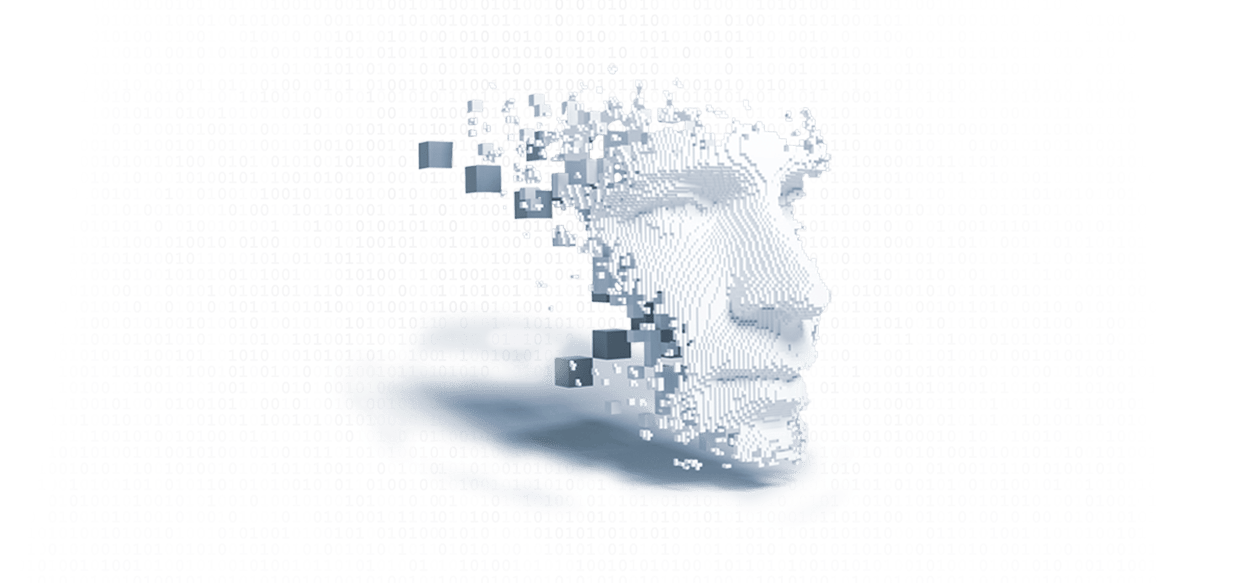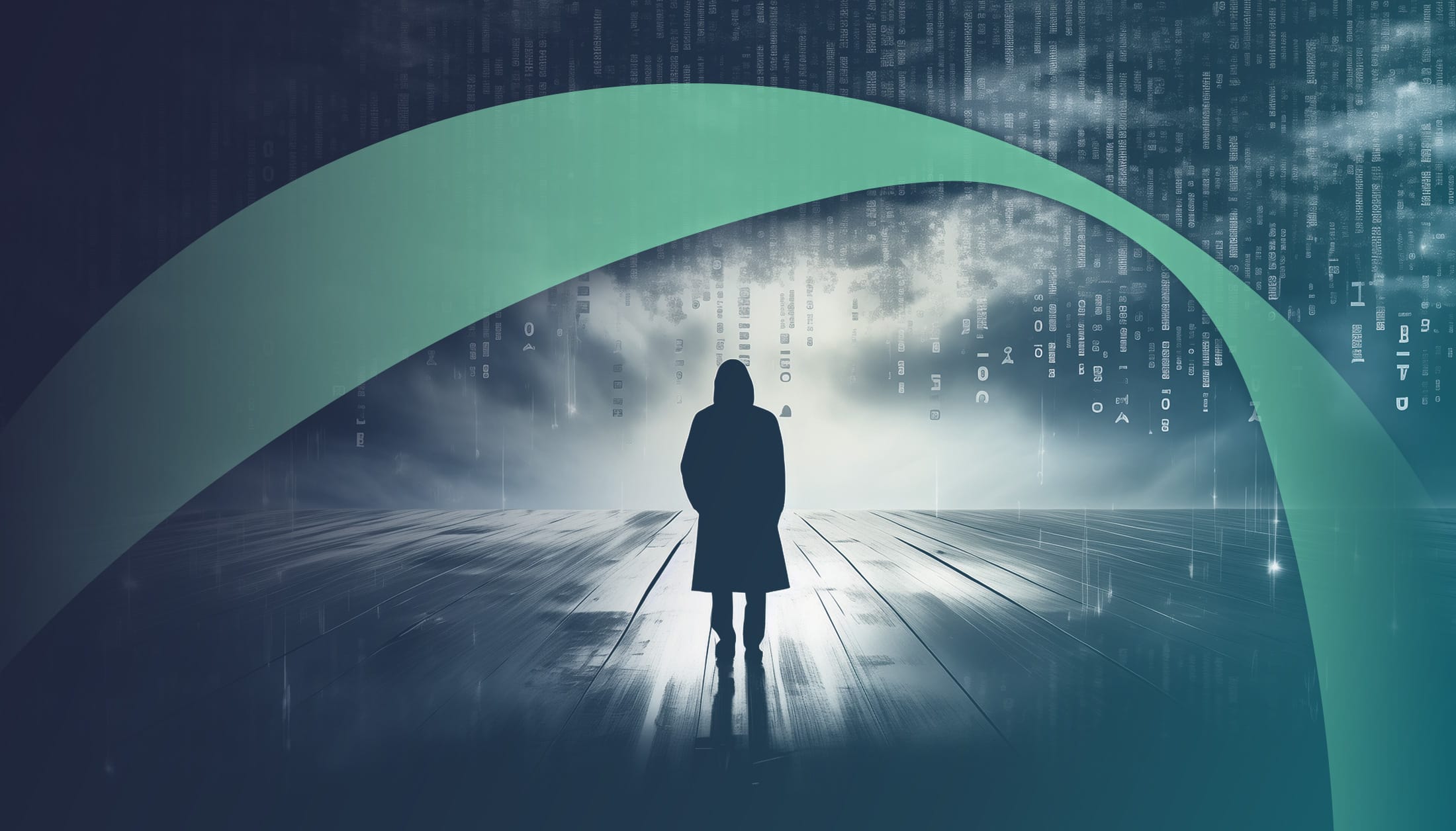Episode 2: Discover exciting insights into geopolitical trends, information sharing, and cyber defense strategies.

Podcast
John Noble on geopolitical trends and collective defense
By sharing information between governments and fostering collaboration between the private sector and the government, we can better understand emerging threats.
As our world becomes increasingly digitized and interconnected, the importance of cyber security as a fundamental pillar of social and economic stability is becoming ever more apparent. The landscape of cyber threats is rapidly evolving, and with it, there is the need to develop and deploy advanced defense mechanisms. Both businesses and government institutions face the daunting task of arming themselves against state-sponsored cyberattacks and the ploys of cybercrime networks. The central question of how we, both as individuals and as a society, can protect our data and secure our privacy has never before taken on such urgency.

Human
Firewall
Podcast

In episode 2 of the Human Firewall Podcast, “Cyber Security Frontlines with John Noble: Geopolitical Trends and Collective Defense,” Dr. Niklas Hellemann and John Noble discuss these topics. They explore the strategic challenges in cyber security and discuss how information sharing and education initiatives are essential to strengthening our cyber defenses.
Overview of episode 2
Would you like to jump straight to the topics that interest you the most? Our detailed overview with timestamps will help you find exactly those positions.

Minute | Description |
00:00:00 – 00:02:46 | Introducing John Noble, our expert in this interview. |
00:02:46 – 00:05:41 | The establishment and strategic orientation of the National Cyber Security Centre (NCSC). |
00:05:41 – 00:11:03 | Cooperation between government and the private sector for a robust national cyber security strategy. |
00:11:03 – 00:19:16 | International cooperation and the impact of legislation on cyber security. |
00:19:16 – 00:34:34 | The rapidly growing threat landscape and the industrialization of cybercrime. |
00:34:34 – 00:46:03 | Geopolitical conflicts and their direct and indirect impact on cyber security. |
00:46:03 – 00:52:34 | The role of human weaknesses and Indicators of Compromise (IOCs) in cyberattacks. |
00:52:34 – 01:03:49 | Future predictions for cyber security: prevention, response, and building resilience. |

Highlights & Key Learnings:
There has been a mind shift in government towards putting the protection of our digital economy – and digital companies – as the top priority.
- Role of the National Cyber Security Centre (NCSC): The NCSC was established to protect the UK in the digital society.
- Government and private sector collaboration: The need to combine the strengths of government and the private sector in cyber security to respond more effectively to threats.
- Building trust: Building trust between government and businesses is critical to sharing information about vulnerabilities and threats and securing the digital economy.
- Importance of NIS2: Network and Information Security Directive 2 (NIS2) represents a decisive step by mandating a more direct and mandatory approach to cyber security regulation.
- Industrialization of cybercrime: A worrying development is the industrialization of cybercrime, with criminal groups behaving like businesses and using specialized tactics.
- Regulation of ransom payments: The need to regulate ransomware to avoid further fostering the criminal ecosystem, while providing realistic options for affected organizations to act.
- Geopolitics influences cyber security: Geopolitical conflicts, such as the situation in Ukraine, lead to increased cyberattacks and an alliance between state and criminal actors.
- Chinese cyber threat: China is emerging as a serious cyber security threat through increasing sophistication and investment in cyber activities and long-term strategic perspectives.
- Human factor in cyberattacks: The human element remains a key component of cyberattacks. Phishing and social engineering often serving as entry points for sophisticated attacks, and human behavior patterns in organizations are being exploited by attackers.
- Security culture and education: Creating a security culture that encourages employees to report threats and implementing educational programs are critical to strengthening cyber security.
Early reporting is so important in our defense. Understanding that we are under attack allows us to put in the right mitigations early and deal with it.
Deepen your knowledge: Further information
- Insights into the NCSC: How the National Cyber Security Centre (NCSC) is impacting the cyber security landscape.
- Five Eyes alliance: The role of the Five Eyes alliance in global surveillance.
- NIS2: Insight into the objectives and implications of the Network and Information Security Directive 2 (NIS2) for organizations in Europe.
- Conti hacker group: Understanding this hacker group’s organizational structure and approach.
- WannaCry: The consequences and intuition of the WannaCry ransomware attack.
- Rise of hacktivism in the Ukraine conflict: How hacktivism is influencing the conflict in Ukraine.
- KillNet DDoS attacks: Details of KillNet’s DDoS attacks in the Ukraine conflict.
- Attacks on Danish critical infrastructure: Insight into the attack on Denmark’s critical infrastructure and its impact.
- SolarWinds hack: The extent and consequences of the SolarWinds hack.
Discover more in the podcast
John Noble’s insights on the collaboration between governments and private companies and how the current geopolitical tensions are affecting the cyber threat landscape spark many conversations about what we can do to strengthen our security culture. And this is not the only podcast guest who offers solutions to this topic. We invite you to listen to the rest of the podcast episodes with experts like Inge van der Beijl about how to negotiate with hackers.
If you enjoyed this episode and want to learn more about how cybercriminals and hacktivists are using these turbulent times to advance their agendas, download our Cybercrime Trends report, where we talk about this and other trends, such as AI-based disinformation campaigns, burnout in security teams, and the professionalization of cybercrime, among others.
Cybercrime
Trends
2024

Discover the top 8 cybercrime trends for 2024, expert insights on the current threat landscape, and best security practices.



